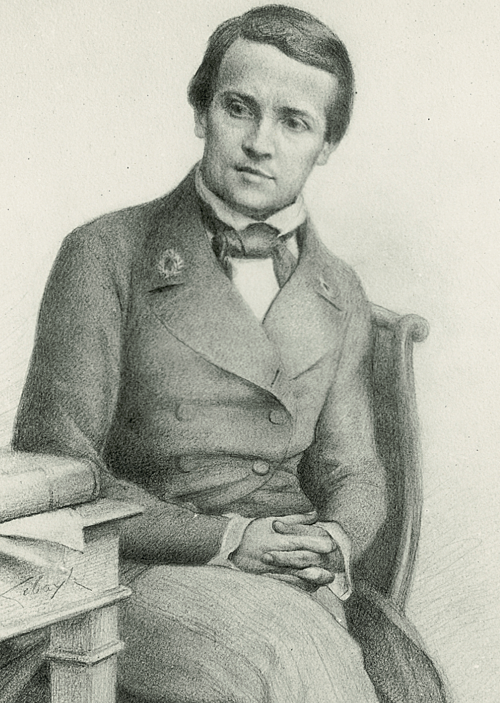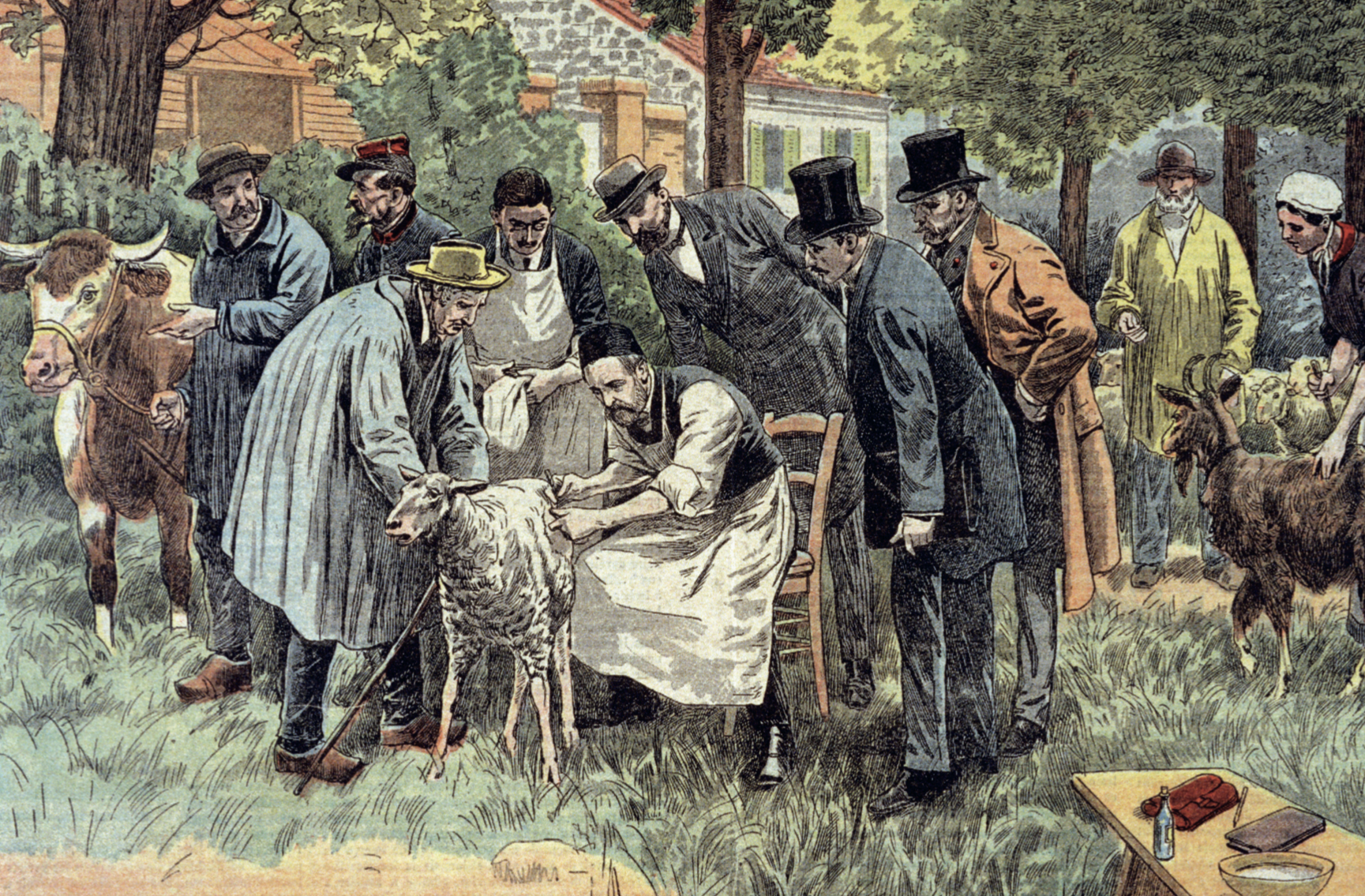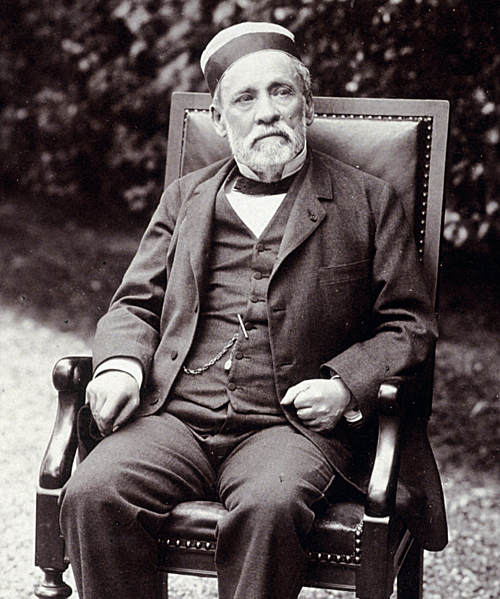Bitten 14 times by a rabid dog, the boy's fate seemed sealed. In 1885, a rabies diagnosis was a death sentence, promising an agonizing end.
"I will try," Pasteur told the boy's mother, in a moment that would become medical history. According to the Pasteur Institute in Paris, the 63-year-old scientist was gambling his reputation and career on a method never before tested on a human.
After 10 consecutive days of injections, a miracle occurred. Joseph Meister survived, becoming the first person in the world saved from a disease that had killed millions.
Today, rabies remains one of the most dangerous infectious diseases. With no cure and a 100% fatality rate once symptoms appear, it claims lives globally and in Vietnam every year, largely due to bites from infected dogs and cats and a lack of timely vaccination. Compared to 140 years ago, when rabies was practically a death sentence, we now have an effective shield: the vaccine. This monumental achievement is inextricably linked to Louis Pasteur, the scientist hailed as a "benefactor of humanity."
 |
Louis Pasteur as a student at the Ecole Normale Superieure around 1843. Pasteur Institute archives |
Louis Pasteur as a student at the Ecole Normale Superieure around 1843. Pasteur Institute archives
Born on 27/12/1822 in Dole, France, to a poor tanner, no one could have predicted that the quiet boy with a passion for painting would revolutionize medicine. His academic performance in secondary school was average, even described as "mediocre" in chemistry—the field he would later transform.
His trajectory changed when Pasteur was accepted into the Ecole Normale Superieure in Paris in 1843. Under the guidance of brilliant mentors, his talent flourished. Within six years, he earned doctorates in both physics and chemistry, quickly becoming a professor at the University of Strasbourg in 1849.
Pasteur’s scientific journey began with the discovery of molecular asymmetry, a finding that paved the way for stereochemistry and is now considered fundamental to life itself. But his most impactful work arose from a practical problem: how to save France's wine and beer industries from collapse.
Facing this challenge, Pasteur demonstrated that fermentation wasn't a simple chemical reaction but the work of microorganisms. This discovery not only rescued French wine but also laid the foundation for modern microbiology, refuting the centuries-old theory of spontaneous generation.
"In the field of observation, chance favors only the prepared mind," Pasteur noted, a statement that perfectly captures how he transformed seemingly ordinary observations into scientific breakthroughs.
In 1860, with French wine spoiling en masse, Pasteur developed a method of heating wine to 55-60°C to eliminate harmful bacteria without affecting the flavor. This process, later named "pasteurization" after him, became widely used for wine, beer, milk, and other foods, saving countless lives from food poisoning and infectious diseases.
 |
Public vaccination against anthrax for sheep in Pouilly-le-Fort, where half of the vaccinated sheep survived. Crayon drawing by Damblans, an imagined scene, printed in Le Pelerin. |
Public vaccination against anthrax for sheep in Pouilly-le-Fort, where half of the vaccinated sheep survived. Crayon drawing by Damblans, an imagined scene, printed in Le Pelerin.
He also saved the French silk industry by identifying and combating a silkworm disease, and later proved that anthrax in livestock was caused by bacteria, developing a vaccine against it. Each achievement had a profound impact on the economy and public health, making Pasteur a national hero.
Success did not come easily. Tragedy struck his family as three of his daughters died from typhoid and cancer within seven years. In 1868, he suffered a stroke, leaving him partially paralyzed for the rest of his life. While many would have succumbed, Pasteur's grief fueled his dedication to fighting disease.
At 63, when most scientists would have retired, Pasteur embarked on his greatest challenge: preventing rabies, a disease with a horrifically painful death. The difficulties were immense: the rabies virus was too small to be seen with microscopes of the time and could not be cultivated in the laboratory.
Pasteur developed a method of weakening the pathogen by passing it through rabbit spinal cords and then drying them under sterile conditions. After numerous animal trials, he faced his most difficult decision when Joseph Meister was brought to him in desperation.
"Science and peace will triumph over ignorance and war," Pasteur declared in a famous speech. This faith in science led him to overcome his doubts and conduct the first human trial of the rabies vaccine. Its success ushered in a new era for medicine, saving millions of lives over the past century.
With his renown established, the Pasteur Institute in Paris was founded in 1888, funded by public donations and contributions from nations worldwide. It became the first research institute dedicated to microbiology, infectious diseases, and vaccines, attracting thousands of patients seeking treatment for rabies.
On 28/9/1895, Louis Pasteur died at 72 from kidney failure. The French government declared a national day of mourning, with thousands attending his funeral. He is buried beneath a mosaic dome in the basement of the Pasteur Institute, inscribed with his scientific discoveries.
 |
Louis Pasteur photographed by Henri Mairet in 1895 in the garden of the Pasteur Institute. This is the last known photograph of him. Henri Mairet |
Louis Pasteur photographed by Henri Mairet in 1895 in the garden of the Pasteur Institute. This is the last known photograph of him. Henri Mairet
Pasteur's legacy extends beyond his inventions. The Pasteur Institute network now comprises 33 institutes across five continents, continuing his mission of research and disease prevention. In Vietnam, the Pasteur Institute of Saigon (now the Pasteur Institute of Ho Chi Minh City) was established in 1891, and the Pasteur Institute of Nha Trang in 1895, under Pasteur's direct guidance, becoming the first such facilities in Indochina.
"Science knows no country, because knowledge belongs to humanity, and is the torch which illuminates the world," Pasteur said.
Every year on 28/9, the anniversary of Pasteur's death, World Rabies Day is observed globally to honor his legacy and raise awareness about the disease.
Le Phuong (Pasteur Institute Paris)












